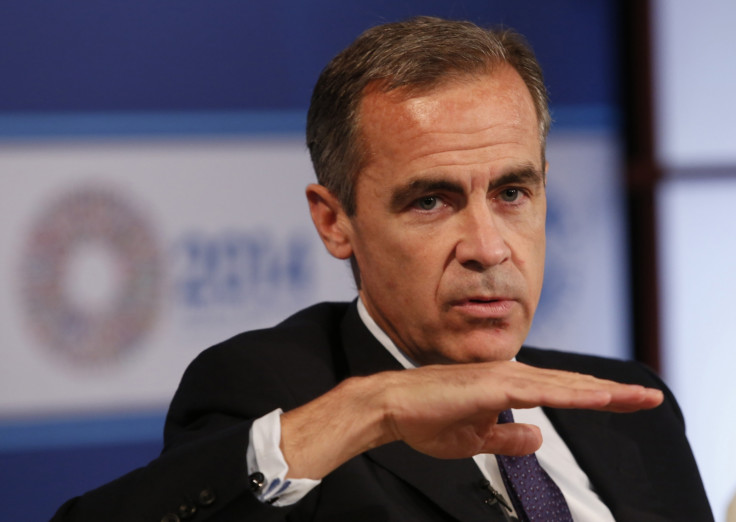William Keegan: UK and eurozone grapple with inflation trouble as austerity undermines economic growth
For those of us of a certain age, one of the principal preoccupations of economic policymakers for many years was to try to ensure the inflation rate did not get out of hand. In this respect, the UK was a classic case for treatment, with the year-on-year rate reaching a peak of 26.9% in August 1975.
There were many factors behind that bizarre experience. The trade unions were still a power in the land, the price of oil had risen five-fold and, in one of the best-intentioned yet most ill-timed economic policy decisions of the post-1945 years, the government of Edward Heath (prime minister from 1970 to 1974) had tied wage increases to the cost of living index, shortly before the latter began to shoot up in response to what the Japanese termed "the oil shock" - a neat phrase that caught on.

It was against the background of such intolerable inflation that the monetarist doctrines of Professor Milton Friedman gained hold.
Want to control inflation? Simple, just control the money supply (aka monetarism). However, attempts to do this proved fraught with difficulty as policymakers struggled to measure and control the supply - a double whammy, you might say.
Seasoned policymakers such as Paul Volcker, who was chairman of the Federal Reserve when the second oil shock of 1979 caused a serious acceleration in US inflation, paid lip service to monetarism but basically relied on an old fashioned bout of deflation to bring the inflation rate down in the early 1980s.
The mechanism was simple: a very sharp rise in interest rates.
Decades later, in one of those "Lunch with the FT" features, even Friedman disowned the monetarism he had preached to so many governments. It is a funny old world.
Fashions come and go in economic policy and, over the years, monetarism gave way to what became known as "inflation targeting". The central bank of New Zealand played a pioneering role in this trend.
The UK followed. The European Central Bank (ECB) was charged with the same objective when it came into being in 1999. The US Federal Reserve duly adopted the practice after much deliberation.
Carney's formal letter on inflation
Hey presto! We now find that, far from being a problem in the upwards direction, inflation is under such control that central banks are persistently undershooting, with the governor of the Bank of England, Mark Carney, reportedly preparing to account for himself with a formal open letter to Chancellor George Osborne explaining why inflation is running below the "permitted" range of 1% either side of the 2% target.

Let us face it - yet another fashionable approach to economic policy has proved to be flawed, at least in the UK and the eurozone.
Their central banks have been charged with achieving an inflation rate of 2% but are finding it difficult to do so, not least because there has been a reversal of the 1970s phenomenon of a sharp acceleration in oil prices, and the price of oil has more than halved in a very short time.
The fact of the matter is policies of austerity have played a crucial role.
In a little noticed passage of its last Inflation Report, the Bank of England concluded that even with the long-awaited programme of quantitative easing expected from the ECB, the eurozone is unlikely to emerge from the economic mire.
The moral is that economic policy cannot safely be left to central banks alone. We saw how Osborne's fiscal squeeze counteracted the Bank of England's efforts to expand the economy for several years after 2010. Restrictive fiscal policies in the eurozone are not helping ECB governor Mario Draghi's efforts to expand the economy and fulfil the treaty obligation of keeping inflation at, or close to, 2%.
William Keegan is a journalist and academic who is the senior economics commentator at The Observer.
© Copyright IBTimes 2025. All rights reserved.






















